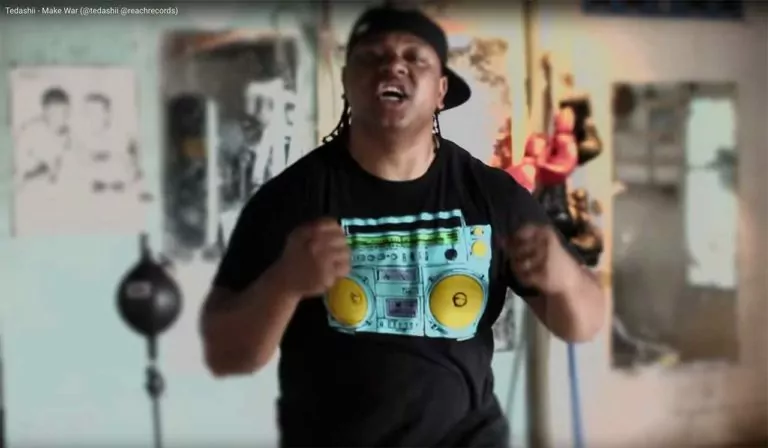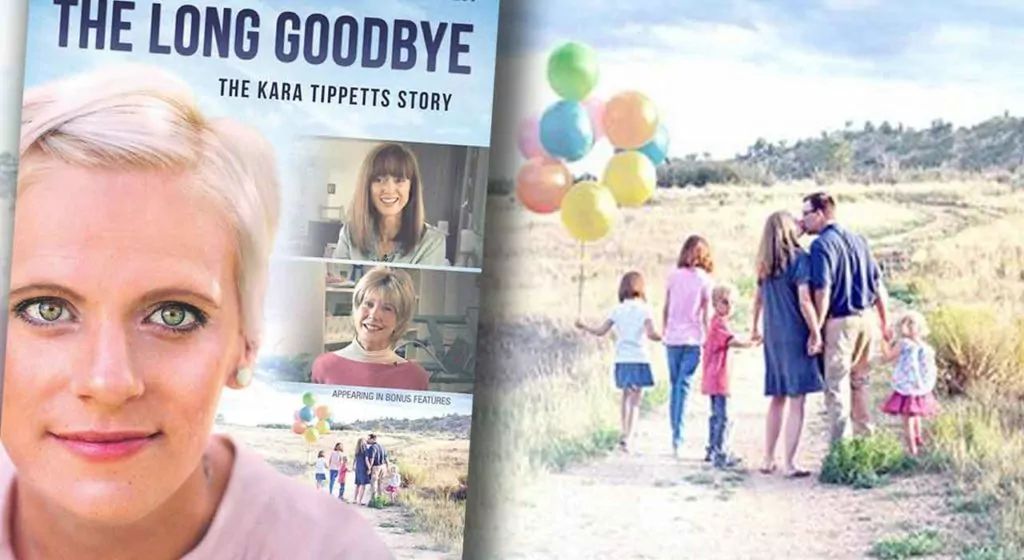Evangelist Ray Comfort once said of Rap, “I love hearing it…end.”
He’s not alone. Many Christians don’t think much of Rap, partly because as musical form it just doesn’t appeal to them, but also because of its association with thugs and pimps and gangsters who seem to dominate this music form. There is a reason these slimy sorts gravitate towards Rap music: in it’s barest form Rap requires less musical ability than some other genres. You don’t need to sing, or play a musical instrument; the performer only has to rhyme in rhythm. Of course, Rap isn’t always so stripped down, and it can involve all sorts of instruments. But what sets it apart – it’s focus on the verbal over the musical – is also what makes it appealing to thugs whose creativity only extends to the many words they can rhyme with “ho”.
But there’s also a reason that Rap is a favorite form for many thoughtful, insightful, and very Reformed artists. It’s because this musically sparse medium gives primacy to the word. Christian pop is sometimes mocked as “7-11” music (because it’s said to have the same 7 words repeated 11 times in a row) but Reformed rap is lyrically dense, and some artists have made use of this words-focus to see just how deep a song can go. For example, Reformed rapper, Shai Linne has a song titled The Hypostatic Union, about how Jesus became a man. Here’s a small excerpt:
Can you truly understand fallen man’s dilemma?
See, only a human can substitute for human lives
But only God can take the wrath of God and survive.
See the humanly unsolvable obstacle?
With God all is plausible, nothing’s impossible.
True haters’ll fight it but the story is certain
Two natures united in one glorious person
Jesus, the God-Man, official soul reaper
The hypostatic union – it gets no deeper
Grammy winning artist Lecrae is another example of this Reformed Rap presence. In Just Like You he begins by noting in his rebellion he didn’t want to be like God, but wanted to be God – like Adam and Eve, he refused to listen, and wanted to replace God. But in this, the last verse, he tells the story of his repentance.
I wanna be like you in every way,
So if I gotta die everyday
Unworthy sacrifice
But the least I can do is give the most of me
Because being just like you is what I’m s’pose to be
They said you came for the lame,
I’m the lamest
I made a mess, but you say you’ll erase it,
I’ll take it
They say you came for the lame,
I’m the lamest
I broke my life, but you say you’ll replace it,
I’ll take it.
There’s a reason thugs like Rap. But this same words-focus is also the reason why Rap is an effective musical medium for a serious exploration of God’s greatness.
Below are a few examples of just how serious, and how deep that exploration can be. Even to those who think Rap sounds like noise, there’s something below that’s bound to impress. Here is some of the very best of Reformed Rap.
On beauty
The first example here might technically be a “spoken word piece” but it is the opening track of rapper Shai Linne’s album The Attributes of God (and is accompanied by music). It features his wife Blair Linne. Listen to this – really hear the words – and see if you don’t tear up, even if just a bit. Beautiful indeed.
On fighting complacency
In the next example, Reformed rapper Tedashii samples from a sermon by John Piper to send a message to all of us who are too comfortable with our sins.
On tackling temptation
Like Tedashii’s Make War, 116 Clique’s Temptation is “battle music” – an appeal, particularly to young men, to get serious about living their life to Christ, no matter the cost. Whether you like Rap or not, who can help but be impressed with the message being sent?
On standing with God when it really, really isn’t popular
One last example: Bizzle put out a song to respond to two Grammy-awarding winning secular rappers, Macklemore and Ryan Lewis, after they released Same Love, which promoted homosexuality and gay marriage. Bizzle’s song used the same backing beat as Same Love, but presented God’s thoughts on sexuality. It garnered quite the heated attention! Bizzle ended up getting death threats but he didn’t back down.











